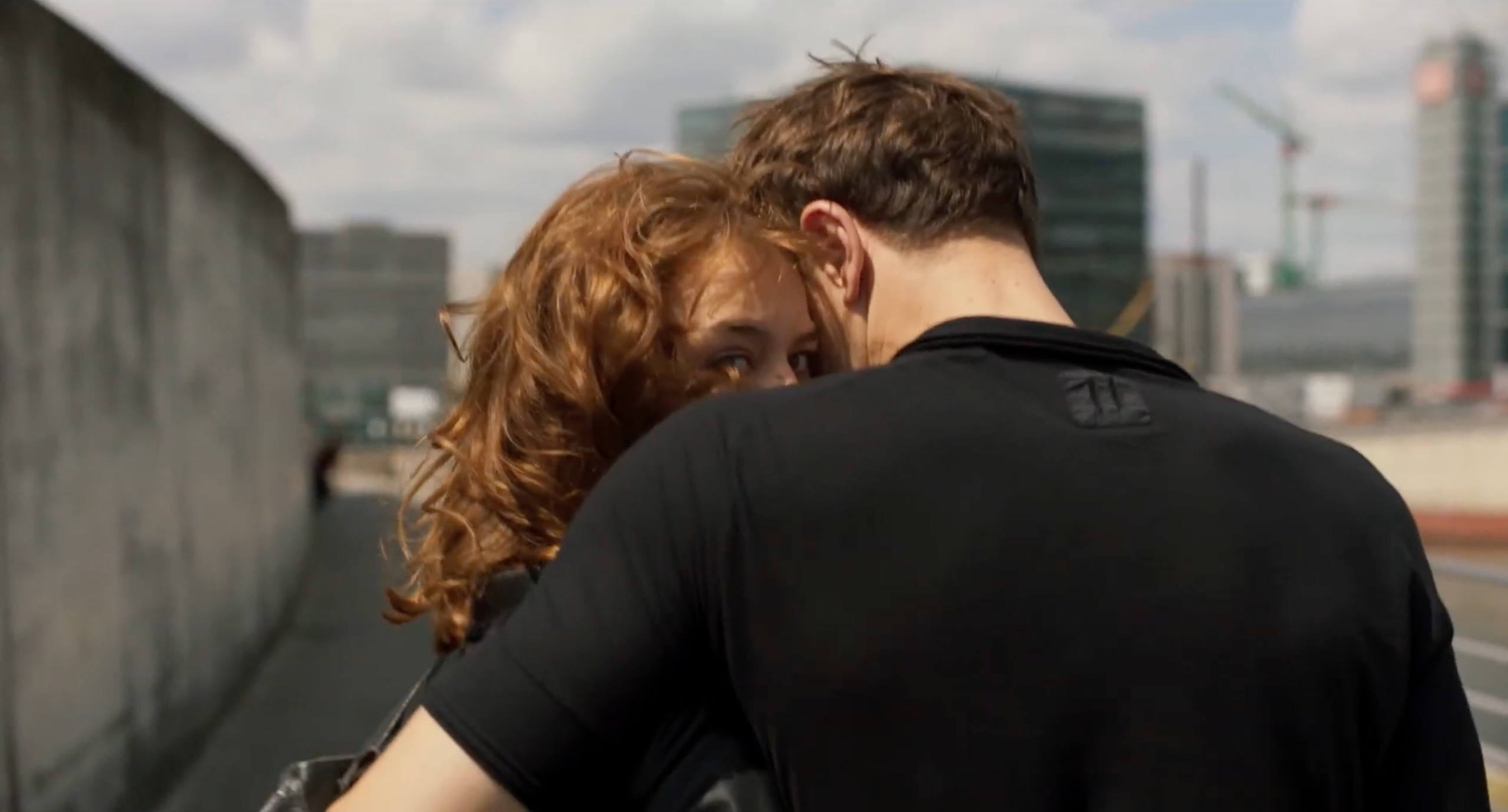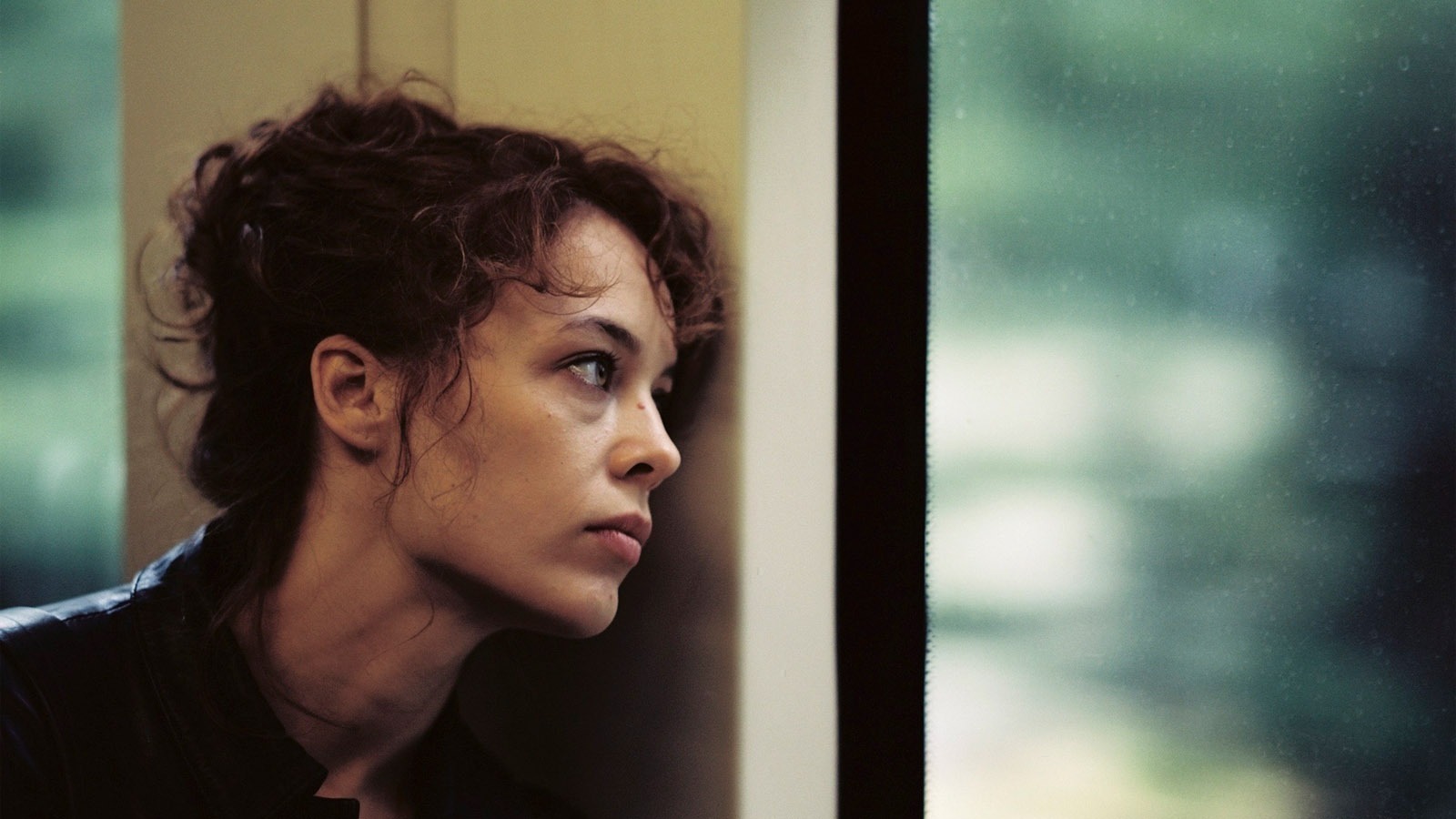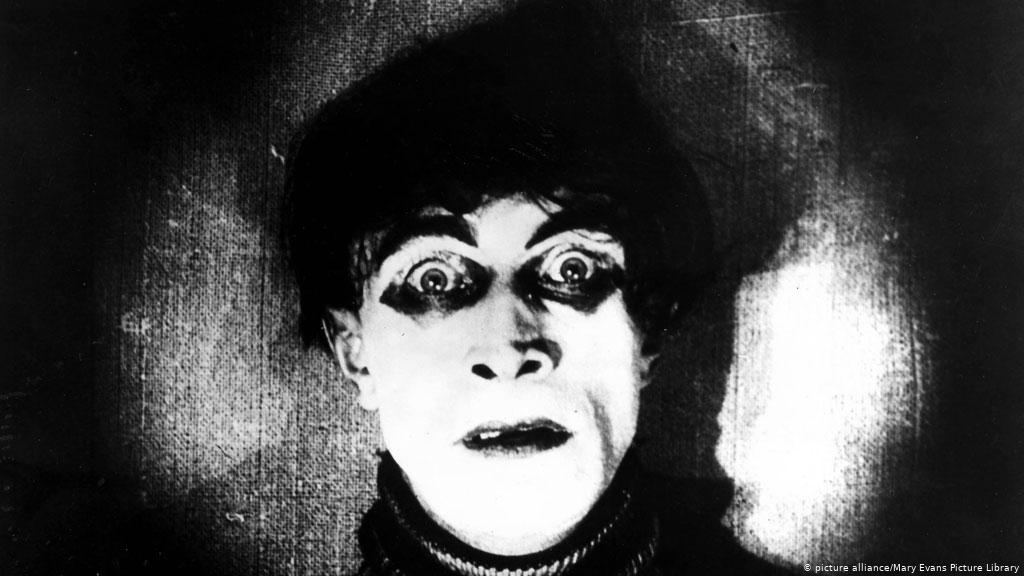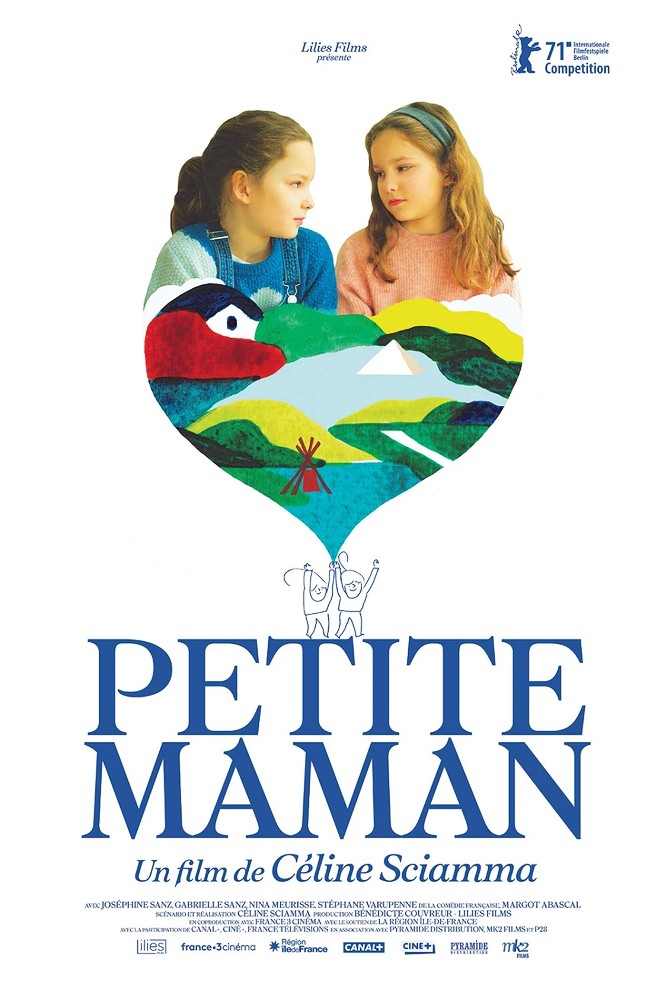
Our pick from Germany.
There is a clear sense of proximity in Christian Petzold’ latest allegorical film, Undine. The kind of proximity only achievable by the constant use of close-up, a technique that, when used wisely, can enlighten the main characters’ expressions of nostalgia and dread. The kind of proximity that can only be transmitted by long, steady shots of Paula Beer and Franz Rogowski clinging to each other. The sort of proximity that you usually miss in mainstream cinema. In this unsettling fantasy- drama, lovers are too close for their own good. They need each other more than they need themselves. They usually don’t say goodbye: it is better not to say anything, as if departing is a burden no one is ready to accept. They part their ways, hoping to see each other again. They love until it hurts, and are not afraid to do so.
The story unfolds like any other folk tale of this sort: with a supressed woman who, one way or another, is forced to retrieve her freedom. The woman is Undine and the reason for her suppression is love. Undine is in love with Johannes, who has decided to leave her for another woman. An unsettled Undine desperately begs him to take her back, and delivers one disturbing warning: if he abandons her, she will be forced to kill him. The audience, of course, it’s not expecting such a twist. Why would a seemingly ordinary woman threaten her lover so radically? Apparently Johannes seems unaffected by it. He leaves Undine and soon enough she meets someone new: the compassionate, timid Christoph, who wishfully takes her as a lover. The placid romance is soon under threat when strong forces push Undine to comply with her promise.
Christian Petzold tailors what is likely to be one of the strangest love stories of our time. He creates an atmosphere defined by melancholy and restraint, an urban myth with a minimalist approach. He prefers silence over words, faces over monologues. He inquires his characters and their motivations, dissecting whatever emotions are left in them after the tragedy. He chooses one particularly strong myth from European and folklore and exploits it to the fullest, while still respecting its roots.

We are standing at what is, without a doubt, magical realism: a particularly ordinary setting meticulously adorned with elements that are out of the ordinary. And, for magic realism to work, characters should be slightly aware of it, as if they embody the unexpected as part of their surroundings. Of course, this is what gives the film its distinctive charm: people who face usual conflicts -unforgettable lovers, unhealed wounds and unresolved mysteries- while at the same time engaging with metaphysical endeavors.
In this case, there is a question of identity: who is Undine without a man in his life? What makes her so emotionally dependent? Why is she rejecting her truest self, represented by the godlike forces that feeds her need for revenge? At the same time, there is a question of fate: is it possible to elude destiny? Is it even worth trying? These questions, like the magic elements in the film, are never said out loud. The audience has to intuit them.

Magic realism unravels itself carefully. Let’s consider the scene at the cafeteria, in the very beginning of the film. Undine is desperately looking for comfort and Christoph shows up to ask her out. It’s charming and predictable, except for one tiny detail: the rising pressure from a fishbowl, as it is ready to explode. And when it does, Undine and Christoph lie on the floor, apparently numb, as if they were expecting such a thing. He heals her wounds and silently stares at her. Undine smiles back. Such a gentle gesture cannot go unnoticed. But the meaning of this scene goes even further. For a brief moment, Undine thinks she can escape her fate. She throws herself to the arms of a stranger and begins a new love story.
On the surface, it is lovable and Again, predictability with a twist. If we think of other scenes that are equally memorable -the opening scene, the shots underwater, the climax- the formula repeats itself. Petzold does not push the boundaries with this story: he lets the characters dive under the current affairs and -for the sake of using yet another water-related metaphor- crawl overseas. This, of course, sometimes leads to parsimony and lethargy. It is tiring.

Still, the character study does work. The key here is Undine’s constant fear of abandonment. Once Johannes decides to leave her, Undine faces one impossible dilemma: to confront him and his past or to obliviously hang on to Christoph. Therefore, to kill one’s former lover seems to be one powerful allegory, especially for a character like her. The need to leave the past behind, the apprehensive urgency to free herself from the dominant presence of Johannes is what pushes Undine to go back to its mythological roots, which ironically is what allows her to move forward. Paula Beer, with pain in her eyes and contempt for herself in her gestures, conveys this feeling. And we buy it.
In the end, accompanied by Bach’s melodies, Undine is essentially a concerto filled with bittersweet notes and conducted by a chaotic, if effective harmony. While struggling to hit the right tone, it is still a riveting fable that questions the nature of everlasting love and the possibility of pure, truthful relationships. The lesson is pretty straightforward: Undine and Christoph’s is pure, and Undine and Johanne’s is not. Is it enough for a bond to be honest and immaculate in order to last forever?

We don’t have very many clues left. As the main characters, we have to trust. In any case, we can accept what we have seen: one spellbinding experience that, despite some flaws, stays with us long after the screen fades to black. With enough gravitas from its filmmaker and the reminiscence of Paula Beer’s face, we expect to see Undine’s enchantment once again. As many other mysteries, it’s a matter of faith.



